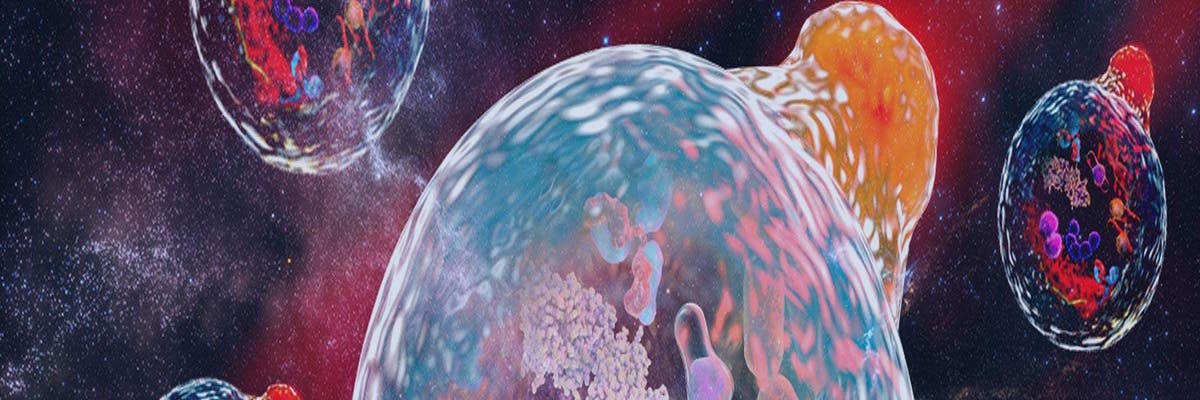

Imaging and gene editing approaches highlight important role of autophagy in controlling Mtb infection
Macrophages are the primary host cells for Mycobacterium tuberculosis (Mtb) during its intracellular survival in humans, and it has recently been suggested that autophagy plays a role in the response of host macrophages to Mtb infection. This present study details how researchers at The Francis Crick Institute used a combination of CRISPR-Cas9 gene editing and high-content imaging approaches to explore the role of autophagy in controlling Mtb infection. The authors believe such studies could enable the development of novel therapies to treat TB.
- Use of CRISPR-Cas9 gene editing to knockout autophagy genes in human macrophages.
- Use of high-content screening (using the Opera Phenix™) to monitor replication of Mtb strains in these macrophages
For research use only. Not for use in diagnostic procedures.
To view the full content please answer a few questions
Download Resource
Imaging and gene editing approaches highlight important role of autophagy in controlling Mtb infection




























